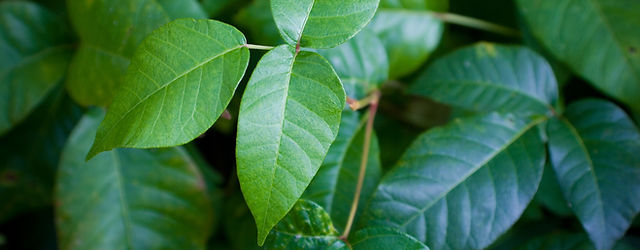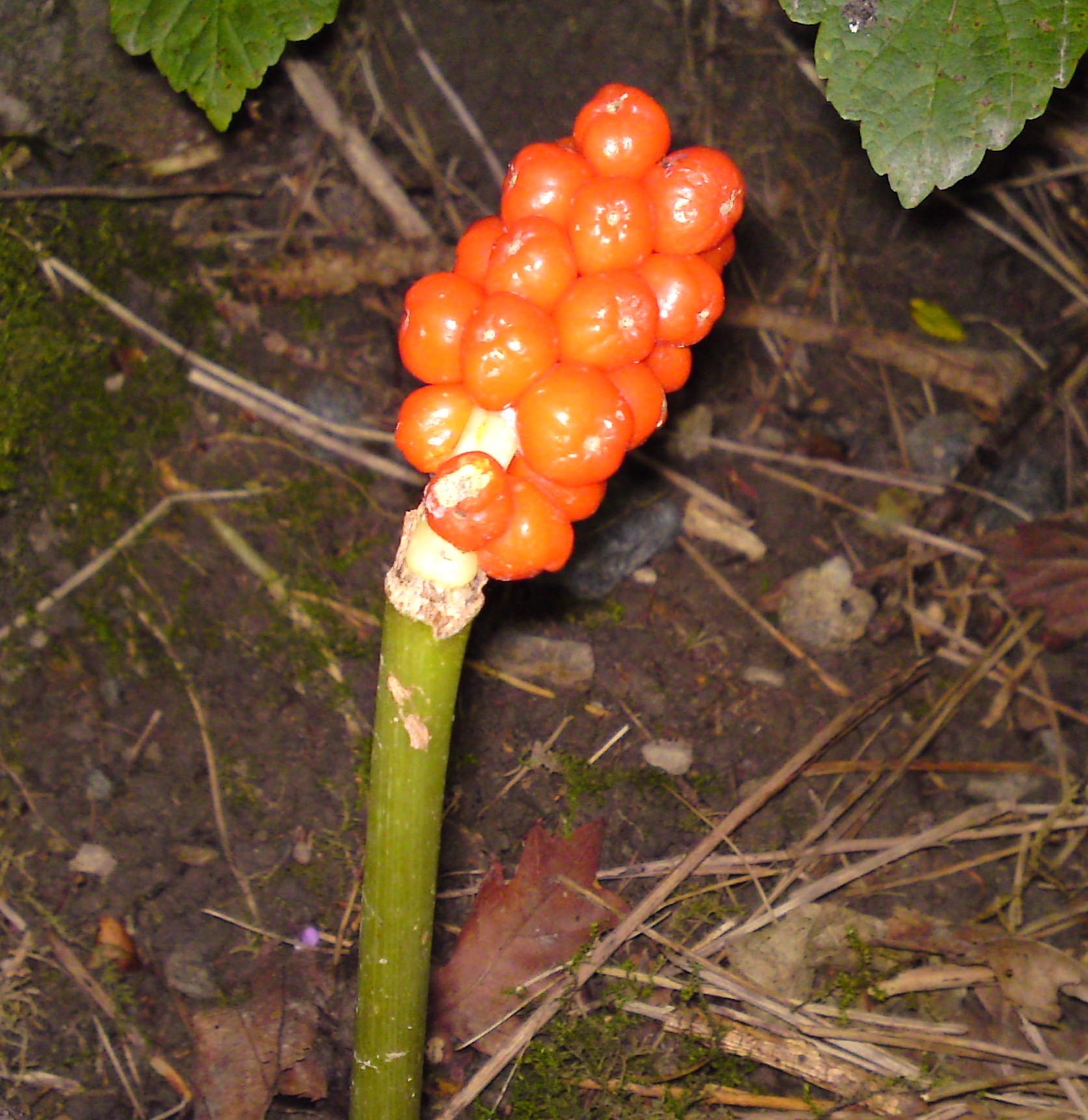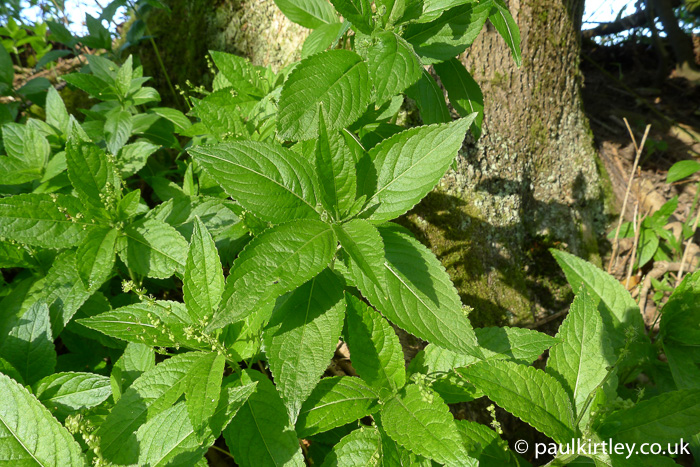Recognizing Poisonous Plants in Your Horse’s Pastures

Ensuring the safety of your horses starts with knowing what plants grow in their pastures. Many common plants can be toxic to horses, leading to serious health issues or even death if ingested. This article will guide you through identifying these harmful plants, understanding their effects, and managing your pasture to keep your horses safe.
Why Recognizing Poisonous Plants is Crucial

Horses are naturally curious grazers and may consume plants that are harmful without realizing it. Poisonous plants can cause symptoms ranging from mild digestive upset to severe neurological damage. Early identification and removal of these plants can prevent costly veterinary bills and protect your horse’s well-being.
Common Poisonous Plants in Horse Pastures
| Plant Name | Description | Toxic Parts | Symptoms in Horses |
|---|---|---|---|
| Hemlock | Tall, fern-like plant with purple spots | All parts | Tremors, seizures, respiratory failure |
| Buttercup | Bright yellow flowers | Leaves and stems | Salivation, blistering in mouth, colic |
| Nightshade | Berries and leaves are toxic | Berries, leaves | Dilated pupils, weakness, diarrhea |
| Ragwort | Yellow flowers, ragged leaves | Entire plant | Liver damage, weight loss |
| Foxglove | Tall spikes with bell-shaped flowers | Leaves and seeds | Heart irregularities, weakness |
How to Identify Poisonous Plants
- Visual Characteristics: Learn the shape, color, and size of leaves and flowers.
- Growth Patterns: Note where the plant typically grows (wet areas, shaded spots).
- Seasonal Appearance: Some plants are only visible during certain seasons.
- Use Field Guides: Carry a local plant identification guide or use mobile apps.
Managing Your Pasture to Prevent Poisoning
- Regular Inspection: Walk your pasture weekly to spot and remove toxic plants.
- Proper Mowing: Keep grass trimmed to discourage weed growth.
- Pasture Rotation: Rotate grazing areas to reduce plant overgrowth.
- Consult Experts: Work with a local agricultural extension or equine specialist.
Frequently Asked Questions (FAQ)
Q1: Can horses develop immunity to poisonous plants?
No, horses do not develop immunity and can be poisoned even by small amounts.
Q2: What should I do if I suspect my horse has eaten a poisonous plant?
Contact your veterinarian immediately and try to identify the plant consumed.
Q3: Are all weeds harmful to horses?
No, not all weeds are toxic, but it’s best to err on the side of caution.
Q4: How can I safely remove poisonous plants?
Use gloves and proper tools; consider professional removal for large infestations.
Conclusion
Recognizing and managing poisonous plants in your horse’s pasture is essential for their health and safety. By educating yourself on the common toxic plants, regularly inspecting your pasture, and taking proactive management steps, you can create a safer environment for your horses to graze and thrive.
This article is intended for informational purposes and does not replace professional veterinary advice.
